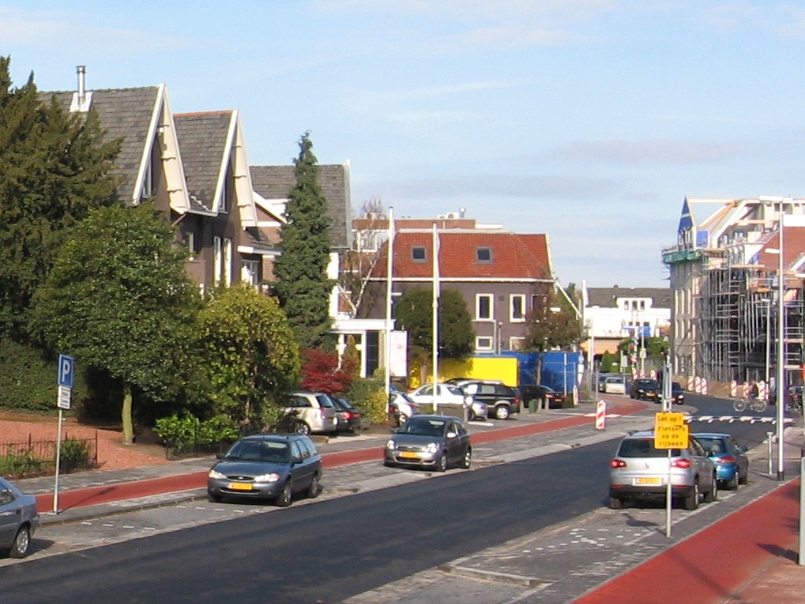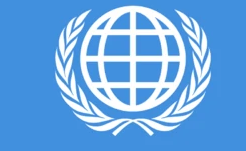Juinen’s Untitled Oversight Project, flexible and unconventional in its methods as always, has claimed the #5 spot on the rankings this week. WCAIR officials called the small Dutch municipality’s methods “intricate and fascinating”, and a “truly revolutionary paradigm shift in how to manage a civic infrastructure project. The city’s deliberate attempt to keep their workflow no-frills and to focus on many small regulatory changes instead of “big-ticket” projects has clearly paid off in the eyes of judging staff.
Beijing’s Shining Dawn team came under heavy scrutiny and press attention this week after judges were informed that several key members of the Chinese team had been “retasked” from the project without warning, and subject to non-specified but severe “administrative penalties.” The exact reason for the sudden shake-up is unclear, but may have something to do with now-deleted social media posts by Shining Dawn staff complaining of excessive government oversight in the nominally-independent team’s atmospheric mapping project. While Shining Dawn’s continued delivery of tangible results have enabled them to keep their #3 spot, barely beating out Tel Aviv, many have voiced doubts over the validity of the team’s claimed independence.
Weekly Spotlight
Health4All, a Municipal Public Sanitation Expansion: Thanks to the triple threat of a large homeless population, repeated municipal sanitation strikes, and the annual influx of tourists, San Francisco is faced with constant public-sanitation issues, especially in the realm of garbage collection and street cleaning. Health4All aims to streamline and modernize the processes by which the city collects and manages its trash, by applying cutting-edge AI analytics to the city’s street-sweeping and trash-collection logistics chain, in combination with extensive medical surveying of the city’s homeless population to determine health “hot spots” most needing attention.
Thinkhub South, part of the Trans-American Data Pipeline Project: The “yellow rose” of the Thinkhub triumvirate, Austin’s contribution to the TADP is focused on AI management of urban sprawl and expansion. Austin is a rapidly-growing city, one whose municipal computer resources are not designed for the large population influx it is receiving, especially in the tech sector. By developing nation-wide distributed state storage and cloud computing capabilities on municipal networks, Thinkhub South hopes to help other cities grow safely and efficiently as well.



